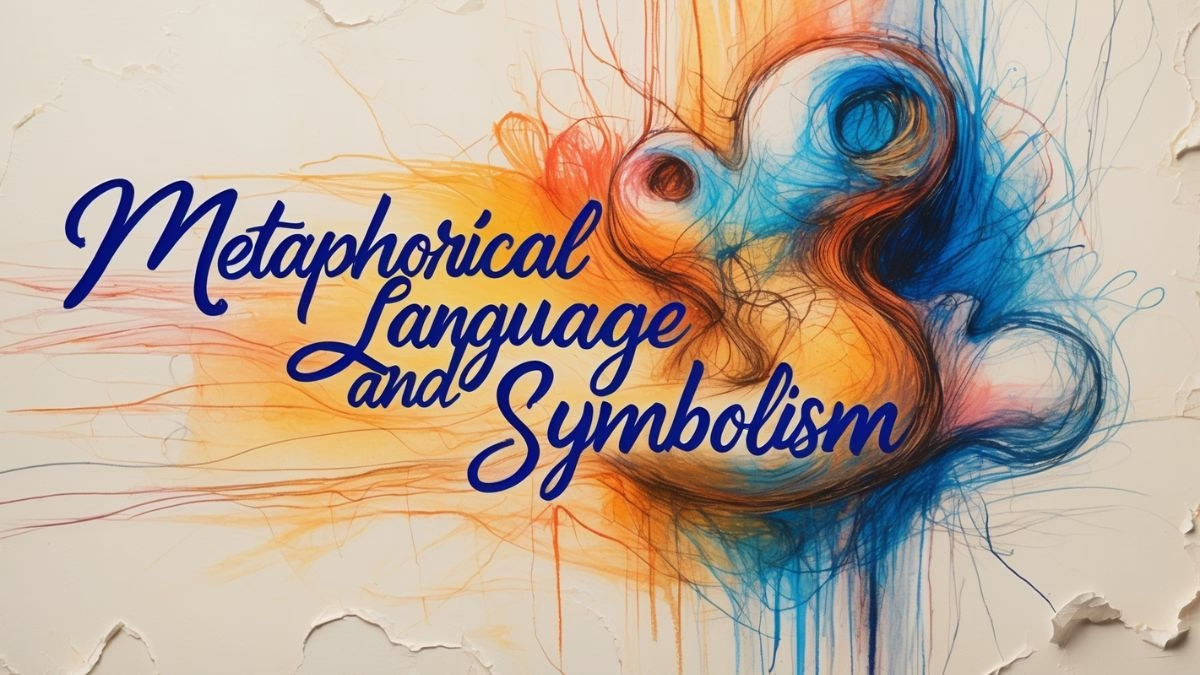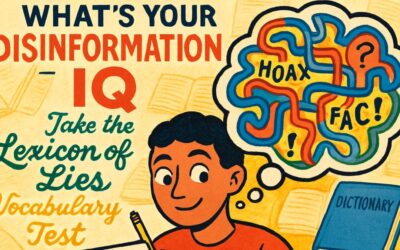Introduction
Ready to move beyond textbook English and start thinking in colour? This isn’t just a vocabulary test; it’s an interactive journey into the heart of the English language: its metaphors and symbols. Fluent communication isn’t just about knowing words; it’s about understanding the pictures they paint, the emotions they evoke, and the hidden meanings they carry.
By taking this quiz, you will:
- Learn in Context: Discover the true meaning of advanced words by seeing them in real-world scenarios.
- Understand Nuance: Grasp the subtle differences between words that seem similar but have vastly different metaphorical power.
- Receive Instant Every choice, right or wrong, comes with a detailed explanation to guide your learning and reinforce new concepts.
- Think Like a Native Speaker: Start to appreciate and use the symbolic language that makes English so rich, dynamic, and expressive.
This is your chance to build a more sophisticated and powerful vocabulary. Let’s begin!
Learning Quiz
This is a learning quiz from English Plus Podcast, in which, you will be able to learn from your mistakes as much as you will learn from the answers you get right because we have added feedback for every single option in the quiz, and to help you choose the right answer if you’re not sure, there are also hints for every single option for every question. So, there’s learning all around this quiz, you can hardly call it quiz anymore! It’s a learning quiz from English Plus Podcast.
Quiz Takeaways
Hello again! If you’ve just finished the quiz, you’ve done more than just test your vocabulary. You’ve engaged with one of the most powerful aspects of any language: the ability to create meaning beyond the literal. Let’s take a thousand-word journey together to unpack what we’ve learned and explore how you can use this skill to make your own English more dynamic and sophisticated.
At its heart, the language you’ve been exploring is non-literal. When we say her career was a ‘crucible’ or his integrity was a ‘compass’, we know we’re not talking about actual metallurgy or navigational equipment. We’re using the concrete qualities of these objects to explain abstract ideas in a way that is instant, emotional, and deeply intuitive. This is the magic of metaphor and symbolism.
A metaphor is not just a fancy way of speaking; it’s a fundamental way of thinking. It works by drawing a comparison between two unlike things, stating that one thing is another. In Question 17, we said the angry retort unleashed a ‘storm’ of criticism. Criticism is not actual weather, but by using the word ‘storm’, we instantly understand its qualities: it was violent, overwhelming, chaotic, and came from all directions. We could have said, “He received a lot of very strong and negative feedback from many people,” but ‘storm’ does all that work in a single, powerful word. It transfers a whole package of meaning and emotion.
Think about the choices you made in the quiz. The difference between ‘storm’, ‘shower’, ‘breeze’, and ‘cloud’ wasn’t about which word was “harder” but about which one carried the correct metaphorical weight. A ‘shower’ of criticism is mild, a ‘breeze’ is insignificant, and a ‘cloud’ is a threat, but a ‘storm’ is the event itself in all its fury. This is nuance. This is advanced communication.
Symbolism is a close cousin to metaphor. A symbol is often an object or image that stands for a larger, more complex idea. In the quiz, the ‘anchor’ in Question 5 symbolizes stability. The ‘beacon’ in Question 3 symbolizes hope and guidance. These symbols work because we have a shared cultural understanding of what they represent. An anchor holds a ship fast in a turbulent sea; therefore, it’s a perfect symbol for anything that provides stability in a turbulent life. A beacon cuts through darkness to guide ships to safety; therefore, it’s a perfect symbol for an institution that provides moral guidance in a time of political turmoil.
Throughout the quiz, we saw how context is king. A word’s literal meaning is only half its story. Consider the word ‘ghost’ in Question 4. Literally, it’s a spirit. But metaphorically, it’s a lingering influence. The founder wasn’t haunting the boardroom; his ideas were. ‘Memory’ was a wrong option because it’s passive—you recall a memory. A ‘ghost’, in this metaphorical sense, is active—it influences and shapes the present, even in its absence. That subtle distinction between passive recall and active influence is where fluency lives.
We can group many of the metaphors we used into themes. For instance, many questions used metaphors of journey and landscape. A career has a ‘summit’, a difficult negotiation is like walking a ‘tightrope’, and navigating bureaucracy is a ‘labyrinth’. We use these “journey” metaphors constantly because we conceptualize life and its challenges as a physical path we travel. This makes abstract concepts like career progression and problem-solving feel more concrete and understandable. When you say someone reached the ‘summit’ of their profession, you’re not just saying they succeeded; you’re also implying a long, arduous climb, full of challenges, just like climbing a mountain.
Another common theme was nature. We had a ‘maelstrom’ of problems, the ‘bedrock’ of society, and the ‘seed’ of an idea. We instinctively use nature to describe human affairs because it provides us with powerful, universal images of chaos, stability, growth, and destruction. Describing a company’s beginning as a ‘seed’ instantly conveys the idea of organic growth, potential, and the need for nurturing. It’s far more evocative than saying, “it was a small start.”
So, how do you take this knowledge and apply it?
First, become a metaphor detective. When you read or listen to English, actively look for these non-literal uses of words. When a news report says a political scandal ‘opened the floodgates’ to investigations, pause and think: Why ‘floodgates’ and not ‘door’? You’ll realize it’s because ‘floodgates’ implies a release of something massive, pent-up, and uncontrollable.
Second, think about the feeling. When choosing between words, consider the emotional connotation. Both a ‘hill’ and a ‘summit’ are high points, but they feel very different. One is a gentle achievement; the other is the culmination of an epic struggle. Both a ‘puddle’ and a ‘maelstrom’ are water, but one is trivial and the other is terrifying.
Finally, start experimenting in your own speaking and writing. Don’t be afraid to get it wrong. The next time you want to describe a complex situation, ask yourself: what is it like? Is it a ‘tapestry’ of different ideas? Is it a ‘labyrinth’ of rules? Is it a ‘tightrope’ walk between two bad options? Using these words will not only make your English sound more sophisticated, but it will also help you think more deeply and creatively about the ideas you’re trying to express. You are building a richer palette from which to paint your thoughts. That, ultimately, is the goal of learning a language.










0 Comments